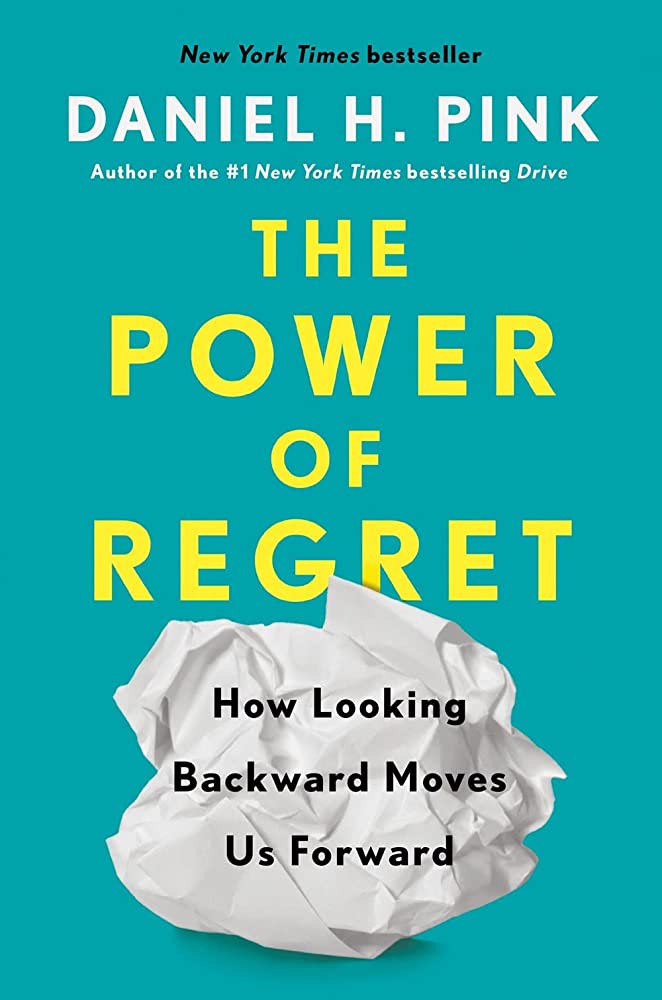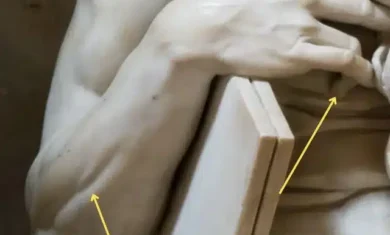You’ve heard it as solid advice on every multiple choice test that you’ve taken in your life — if you’re unsure of the answer, stick with your first instinct. We’ve heard it many times, but it’s generally very bad advise.
In fact, if you’re torn between two answers, changing to the other answer is roughly twice as likely to be correct as your first guess.
From Daniel Pink’s “The Power of Regret“:
The conventional wisdom is plain: stick with your first instinct and don’t change the answer. The conventional wisdom is also wrong. Nearly every study conducted on the topic has shown that when students change answers on tests, they are significantly more likely to change from a wrong answer to a right answer (sweet!) than they are to switch from a right answer to a wrong one (d’oh!). Students who change their answers usually improve their scores.
Of course, the act of changing your answer isn’t the magic here, and I’m not suggesting you go through your test and change everything before you turn it in. This isn’t like the Monty Hall Problem, where literally changing your guess will double your odds of winning.
The problem is literally the potential for future regret. If you fail to switch answers and get it wrong, it’s often kind of an “aw, shucks” reaction: “I guess I should have changed answers“.
However, if you DO switch your answer and it turns out the first one was correct, it hurts a lot more: “I knew I had it the first time. Why was I so dumb to switch?“
Regret can make us wise as we age, but it’s human nature to work hard to avoid it whenever we can. Understanding that can help make better decisions today if we’re able to factor out the future regret and go with what we think the best decision is in the moment.




